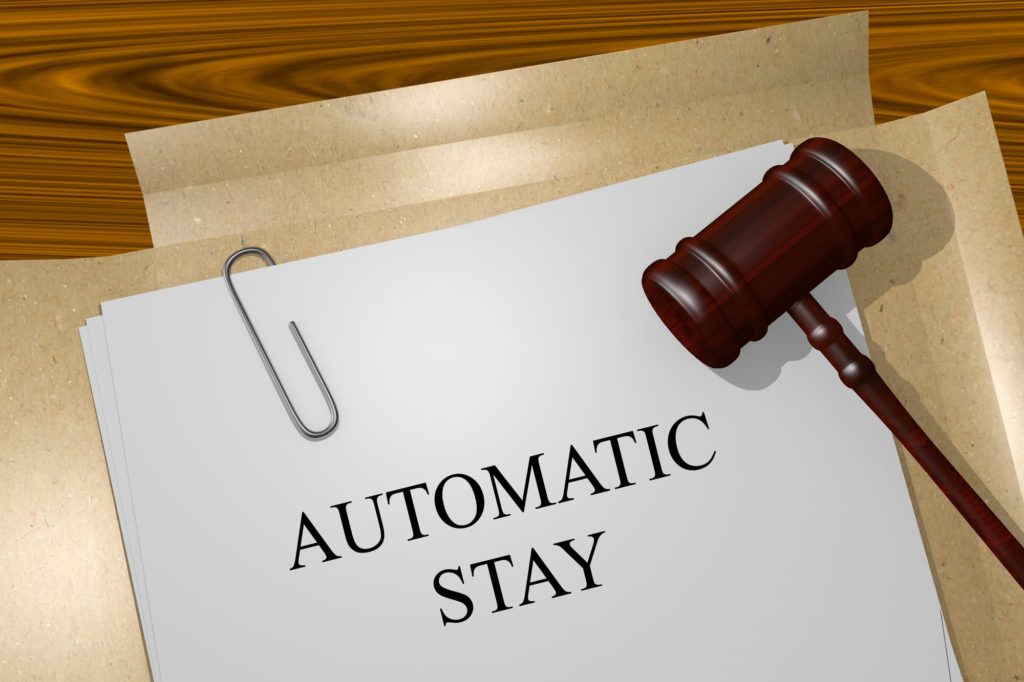Divorce and Bankruptcy
How Does Divorce and Bankruptcy Work?
A divorce and bankruptcy often occur at the same time. Depending on your situation, you may be better off filing one first, then the other. Which comes first? It depends on your individual circumstances. Divorce and bankruptcy are related, and it can be hard to find an attorney who has a clear understanding of how the two areas of law interact.
Whether you file before or after your divorce depends on issues like property division, alimony (spousal support), child support, and the income of both husband and wife. Often, it is best to file for bankruptcy first, making it easier to deal with debt.
Sometimes the divorce needs to come first, in order to achieve goals like passing the means test or reducing potential support payments. Many attorneys have discussed this important topic.

Cash Advance Special Rule
You will not want to file bankruptcy until 70 days have passed after your last cash advance of more than $1,000. This amount changes every few years. The $1,000 is current through 3/31/22. More rules apply, however.
What are cash advances used for? Normally, you use these advances to pay living expenses, or sometimes other bills. Because of this special rule, you could get two advances for $999, and the rule would not apply.
Looking for More Articles on Bankruptcy?
Looking for more insight and articles on bankruptcy? Head over to the Bankruptcy Learning Center for more information.
Visit the Bankruptcy Learning CenterThe Non-Discharge Cash Advance Rule is Easy to Avoid in Bankruptcy
The rule is designed to catch you if you try to “run up your debt” before filing bankruptcy. I’ve been filing bankruptcy on advances for over 30 years. In my experience, almost none of my clients ever try to do this. It just doesn’t happen.
What’s more, the rule is easy to avoid. We always ask if there have been any recent cash advances. If so, we just wait it out. Occasionally, we have to file before the 70 days are up. What happens then? Does the bankruptcy get dismissed? No. So far, in over 30 years, nothing has ever happened in a case I have filed where we could not wait 70 days.
Sometimes we need to stop a sheriff’s sale. Or perhaps we need to stop a car repossession. This doesn’t mean it won’t someday happen to the consumer who files before the 70 days run after getting a cash advance. The circumstances would need to warrant the creditor taking action.
Different Rules Apply to Luxury Goods and Services
If you are doing your internet research, you may read about special rules for luxury goods. This is different from the cash advance rule.
Luxury goods are things that you don’t really need for daily living. They include the things you would expect. The court would look at the circumstances and the expenditure. If you try to mix luxury goods, purchased with cash advances, and bankruptcy, this is a bad mix.
For example, medical expenses are not luxury goods, normally. A trip to the emergency room for a broken arm, or the dentist for a toothache would be considered normal consumer expenses.
But a Botox injection for your lips, or a cosmetic teeth whitening treatment would likely be considered luxury expenses.
More cash advance bankruptcy mistakes happen with luxury goods. The luxury goods and services rule only applies if you are charging the goods or services to a credit card.
Get a Free Consultation From a Certified Bankruptcy Specialist Today
When you’re thinking about bankruptcy and looking into the different options for debt relief, think about your recent charges or cash advances and ask your attorney about them. It’s very helpful to get the advice of a certified specialist in this area to avoid being sued in your bankruptcy.
Richard West is trained, certified, and experienced in all debt relief options. He’ll make sure you know what not to do, as well. Get a free bankruptcy consultation today.
Share This Article
Our Legal Services
Bankruptcy Learning Center
- Bankruptcy Can End a License Suspension
- Bankruptcy Individual vs Joint
- Can the Self Employed File Bankruptcy?
- Chapter 7 vs Chapter 13
- Cash Advance and Bankruptcy
- Debt Consolidation vs Bankruptcy
- Divorce and Bankruptcy
- Divorce and Chapter 7
- Divorce and Chapter 13
- Divorce Chapter 7 vs Chapter 13
- How to Keep Your Car
- How to Keep Your Pets in Bankruptcy
- How to Keep Your Property
- How You Can Loose Your Retirement
- Is Chapter 7 or Chapter 13 Better?
- Judgment Proof vs Bankruptcy
- Liens in Bankruptcy
- Military Bankruptcy
- Payday Loans and Bankruptcy
- Life After Bankruptcy
- Chapter 13 vs Loan Modification
- Short Sale vs Bankruptcy
- Small Business Bankruptcy
- Stop Lawsuits with Bankruptcy
- What is an Automatic Stay?
- What is a Bankruptcy Exemption?
- What To Do if You Lost Your Job
- What Does the Bankruptcy Trustee Do?
- Tax Debt and Bankruptcy
- The Downside of Filing Bankruptcy
- The Pros & Cons of Filing Bankruptcy
- The Truth About Bankruptcy
Useful Calculators
Here are two helpful calculators for managing your debt repayments and Chapter 13 commitments.

